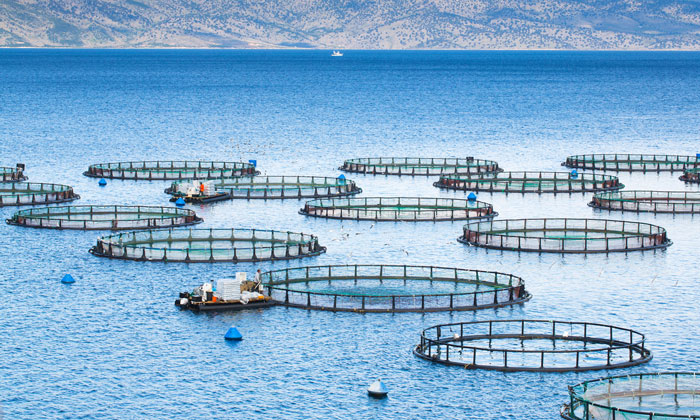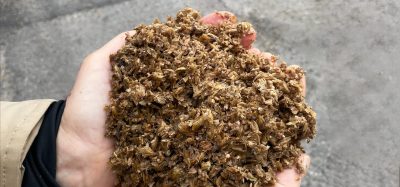Investors call for fish farming changes after damaging report
- Like
- Digg
- Del
- Tumblr
- VKontakte
- Buffer
- Love This
- Odnoklassniki
- Meneame
- Blogger
- Amazon
- Yahoo Mail
- Gmail
- AOL
- Newsvine
- HackerNews
- Evernote
- MySpace
- Mail.ru
- Viadeo
- Line
- Comments
- Yummly
- SMS
- Viber
- Telegram
- Subscribe
- Skype
- Facebook Messenger
- Kakao
- LiveJournal
- Yammer
- Edgar
- Fintel
- Mix
- Instapaper
- Copy Link
Posted: 5 June 2019 | New Food Magazine | 1 comment
New report shows environmental and health risks threaten the $230 billion aquaculture industry.


The report investors warns that growth in the global aquaculture sector could be undermined by a failure to manage environmental, social and governance (ESG) risks. These include climate change, dependence on wild fish stocks for feed, excessive use of antibiotics and poor governance.
The report, named ‘Shallow returns?’ by FAIRR also highlights the rising investment opportunities in areas such as fish health innovations and alternative feeds.
“Investors should be aware of the sustainability risks in the aquaculture sector before they wade in too deeply, ” said Maria Lettini, Director of FAIRR. “From effluents to emissions, this sector must address significant environmental and public health challenges if it is to prosper over the long-term.”
The report further highlights an average annual growth in the sector of almost 6%, and finds that fish farming has overtaken wild fishing as the main provider of seafood since 2014.
However, it warns that much of the growth is based on more intensive, high-density farming that is associated with ESG risks including:
- Climate change: Farmed marine fish production in Southeast Asia, one of the world’s biggest aquaculture regions, is expected to drop up to 30% by 2050 due to rising sea temperatures and ocean acidification
- Algal blooms: Norway is currently suffering from its worst algal bloom in 30 years, which has killed an estimated 8 million salmon so far. Chile has also suffered from algal blooms in the past
- Antibiotics: In some regions, aquaculture companies rely on excessive use of antibiotics to maintain production
- Fish feed supply: Farmed salmon and shrimp require fishmeal and fish oil in their diets, making the sector highly dependent on rapidly-depleting wild fish stocks
- Governance falling short: The report argues that there is a lack of transparency in the sector.
Other risks highlighted by the report include the level of effluents and waste flowing from aquaculture production systems to the wider environment; the millions of fish escaping fish farms and mixing with native marine populations; and the intensifying battle against fish diseases such as sea lice.
The report also shows emerging management practices and innovations in the sector to help meet these ESG challenges. These include the use of probiotics to reduce antibiotic use; the use of alternatives to fishmeal; and innovative start-ups emulating fish products using only plant-based ingredients.
“Investors have been watching the aquaculture sector with growing interest and are closely following the development of many potentially game-changing innovations such as advanced production systems and alternative feed ingredients,” Maria continued. “These innovations could disrupt the aquaculture sector if they succeed in addressing the sector’s critical sustainability challenges.”
Related topics
Environment, Plant based, Regulation & Legislation, Research & development, Sustainability, Technology & Innovation, Trade & Economy









One answer is Aquabounty inland bred salmon. No contamination. No antibiotics. FDA approved & coming soon to a market near you.